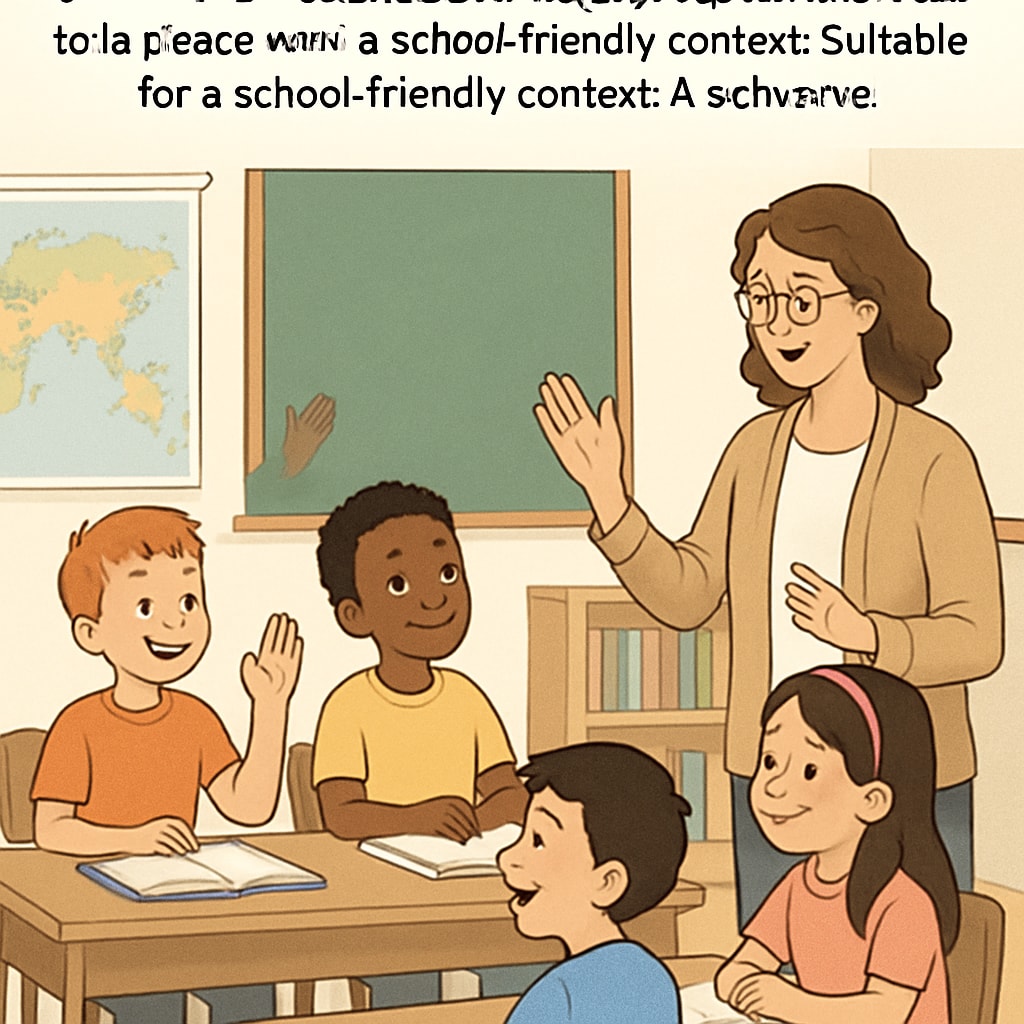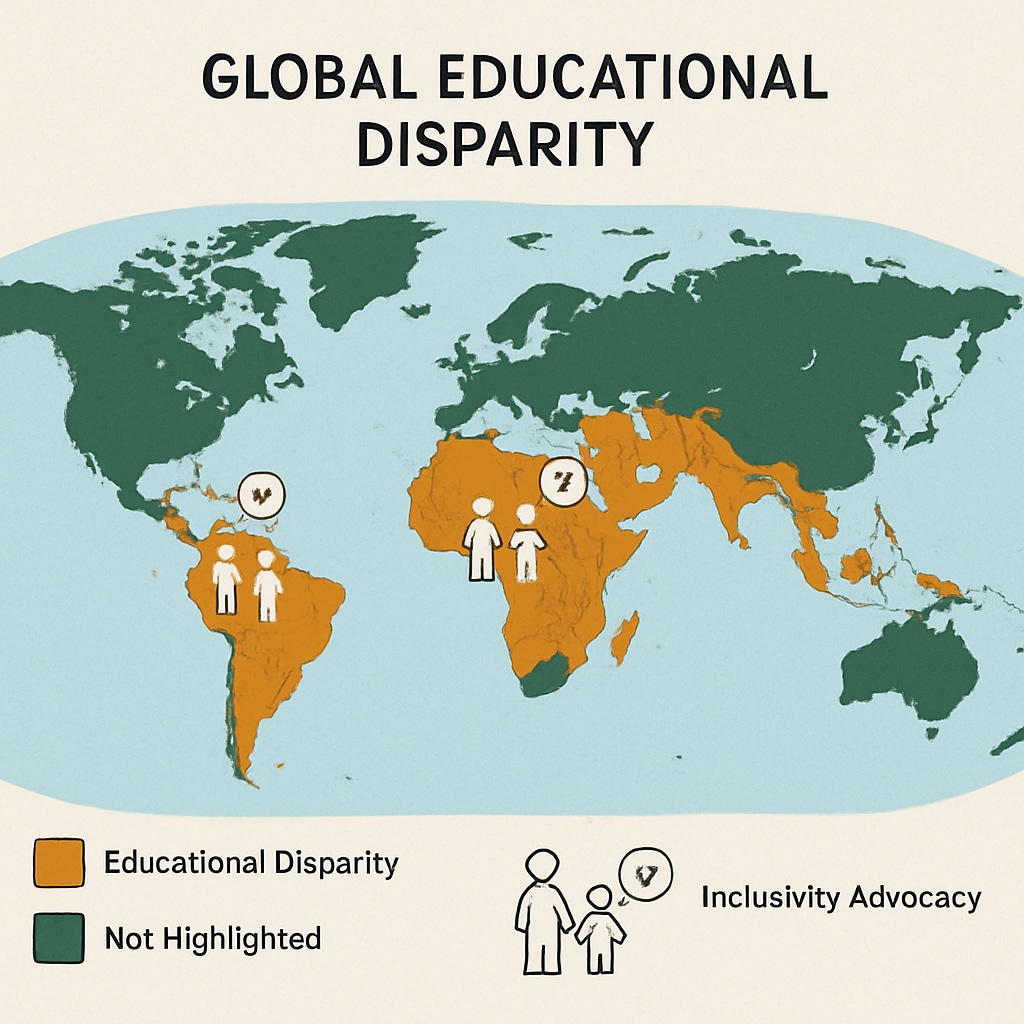Ms.Rachel, a widely recognized figure on YouTube for her contributions to children’s educational content, has recently drawn attention for her humanitarian focus on children affected by conflicts in the Middle East. While her intentions are undoubtedly well-meaning, questions arise about the scope of her advocacy and whether it reflects a broader, global responsibility toward all children enduring hardship. This article seeks to explore the balance between her educational influence and the selectivity of her humanitarian engagement.
The Role of Ms.Rachel in Children’s Education
Ms.Rachel has become a household name for parents seeking engaging and effective learning content for their young ones. Her YouTube channel offers a treasure trove of educational videos that promote language development, emotional expression, and cognitive skills. Her ability to connect with young audiences through songs, interactive activities, and a nurturing demeanor has made her one of the most trusted figures in early childhood education.
Her impact is measurable. For example, countless testimonials from parents praise her for helping children with speech delays or developmental challenges. By focusing on inclusivity and accessibility, Ms.Rachel has successfully created a platform that supports children from diverse backgrounds. This success, however, amplifies the importance of her influence beyond just education—it places her in a position to address broader societal issues.

Humanitarian Focus: Why Only the Middle East?
In recent months, Ms.Rachel has used her platform to highlight the plight of children in the Middle East, particularly those affected by war and displacement. While this is an important and noble cause, it raises a critical question: Why limit the spotlight to one region when children across the globe face equally dire circumstances? From refugee camps in Africa to underserved communities in South America, millions of children are in need of attention and support.
Some critics argue that such selective focus risks creating an imbalance in how global audiences perceive humanitarian crises. For instance, UNICEF reports that conflicts, poverty, and climate change have left over 149 million children worldwide malnourished (UNICEF). If influencers like Ms.Rachel choose to advocate for just one region, the struggles of other vulnerable groups may remain underrepresented.
It is worth noting, however, that her advocacy for the Middle East could stem from personal connections or specific partnerships that align with her values. Nevertheless, her significant influence calls for a more inclusive approach to humanitarian engagement.
Balancing Education and Global Responsibility
For influencers like Ms.Rachel, who wield immense power over public perception, there is an inherent responsibility to ensure that their advocacy reflects a balanced and global perspective. Education, after all, is a universal right, and so is the need for humanitarian attention.
One way to achieve this is by diversifying the causes promoted on her platform. For example:
- Highlighting global educational disparities, such as the 244 million children worldwide who remain out of school (Britannica).
- Partnering with international organizations to support children in underserved areas across continents.
- Creating content that educates her audience about global challenges, encouraging empathy and action among parents and children alike.
Additionally, Ms.Rachel could use her platform to amplify voices from marginalized communities, offering them a chance to share their stories directly. This approach would not only enrich her content but also foster a sense of global interconnectedness among her viewers.

The Need for a Holistic Approach
While Ms.Rachel’s contributions to children’s education are undeniably transformative, her role as a public figure extends beyond just creating videos. As an influencer with a global audience, she has the potential to inspire change on a much larger scale. By adopting a holistic approach to humanitarian advocacy, she can ensure that her platform becomes a beacon for all children, regardless of their geographic or social conditions.
In conclusion, Ms.Rachel stands at a crossroads where her influence in children’s education intersects with her potential to address global humanitarian issues. By broadening her focus to include children from all corners of the world, she can reinforce her commitment to inclusivity and equity—values that are at the core of her educational content. The question is not whether she is making a difference; it is whether she is maximizing the full scope of her ability to do so.
Readability guidance: This article has been structured to ensure clarity and engagement. Short paragraphs, bullet points, and transitional phrases have been utilized to maintain readability, while a professional yet accessible tone has been adopted to discuss this complex topic.


